Amid mounting pressure from protestors and President Donald Trump, Gov. Gavin Newsom unveiled plans on Monday for reopening California churches and allowing in-person religious services. But religious leaders in the Bay Area will have to wait.
Under the governor’s new guidelines, places of worship could reopen, pending approval from their county public health officials, on the condition that they limit attendance to 25% of the building capacity or a maximum of 100 attendees — whichever is lower.
After three weeks under these restrictions, the California Department of Public Health will work with county public health officials to assess the impact of in-person religious services, such as whether the number of deaths and hospitalizations of COVID-19 patients rose during that time, and provide further direction moving forward.
But even as the governor granting some leeway for religious institutions, Bay Area officials — who were the first in the nation to issue shelter-in-place orders — don’t appear to have plans to fall in line with the new state guidance just yet.
Under the region’s current shelter-in-place order, public and private gatherings of any number of people outside a single household, including for worship services, are prohibited.
A spokesperson for the Contra Costa County Public Health Department said in an email Monday that the county will “continue to abide by the terms of its own shelter-in-place order, currently set to expire June 1.”
The new state guidance comes just three days after the president declared that he was designating places of worship as “essential” businesses, and those that were ordered closed because of the pandemic should be allowed to reopen immediately.
On Friday, Trump said he would “override the governors” across the country who resist reopening religious institutions. “America, we need more prayer, not less,” he said.
When asked about Trump’s comments on Friday, Newsom said he had been talking with faith leaders statewide over the previous week to find the best approach to resuming religious services as quickly as possible, while still protecting the public health.
“It’s so important that folks understand we deeply understand, admire, the faith devotion,” Newsom said, adding later, “We look forward to churches reopening in a safe and responsible manner.”
Despite multiple challenges to Newsom’s ban on in-person church services up until this point, the state’s 9th Circuit Court of Appeals upheld his order last week in a split ruling. The justices ruled 2-1 that South Bay United Pentecostal Church in San Diego cannot reopen immediately.
“We’re dealing here with a highly contagious and often fatal disease for which there presently is no known cure. In the words of Justice Robert Jackson, if a “[c]ourt does not temper its doctrinaire logic with a little practical wisdom, it will convert the constitutional Bill of Rights into a suicide pact,'” the two majority justices wrote in the court decision.
Although the new California guidelines will give places of worship the opportunity to resume in-person activities, it is still “strongly recommended” that places of worship continue to offer remote services and other related activities for those who are vulnerable to COVID-19, the governor’s new guidance states.
While the modifications gave some faith leaders what they had been requesting for weeks — the opportunity of resuming in-person services — others are vowing to stick to their remote operations.
Amos Brown, the pastor at the Third Baptist Church in San Francisco and president of the city’s NAACP branch, said he will not be rushing back into a church house anytime soon. Instead, Amos is calling for more testing in the region’s African American communities and more internet access and programming for their youth.
“The African American clergy have consistently been independent, critical thinkers and they’re not about to be called out in the political ploy where certain forces — mainly the right-wing evangelicals — are pimping the piety of people,” Amos said. “Putting people into life-threatening situations is not the way of Jesus.”
Places of worship are encouraged to modify certain practices that could increase the spread of COVID-19, such as hand-holding, using a common cup and hugging or kissing. They are also being asked to consider holding services outside whenever possible, shortening services to limit the length of time congregants spend at facilities and close places of worship for visitation outside of scheduled services.
Like businesses, places of worship will be required to implement a social distancing plan, including thoroughly sanitizing their facilities, conducting health screenings on their employees and ensuring that congregants remain six feet apart from one another during services.
___
(c)2020 the San Jose Mercury News (San Jose, Calif.)
Visit the San Jose Mercury News (San Jose, Calif.) at www.mercurynews.com
Distributed by Tribune Content Agency, LLC.
—-
This content is published through a licensing agreement with Acquire Media using its NewsEdge technology.



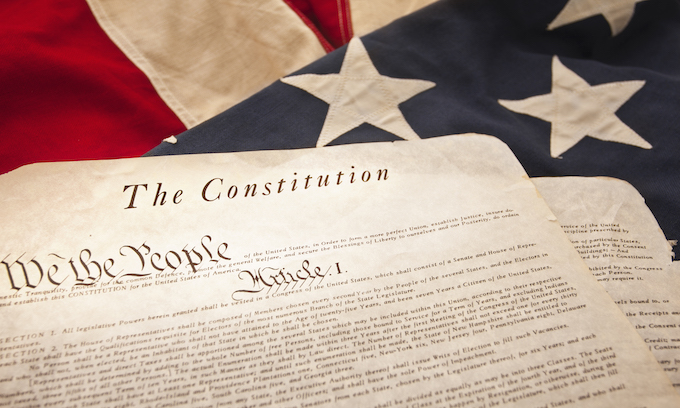
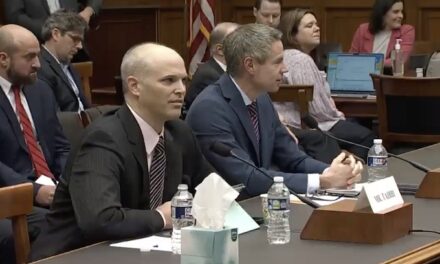
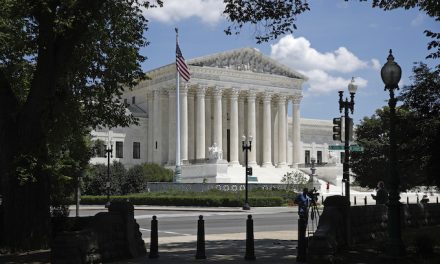










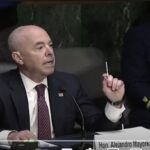

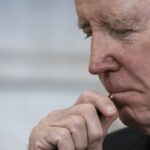
Recent Comments